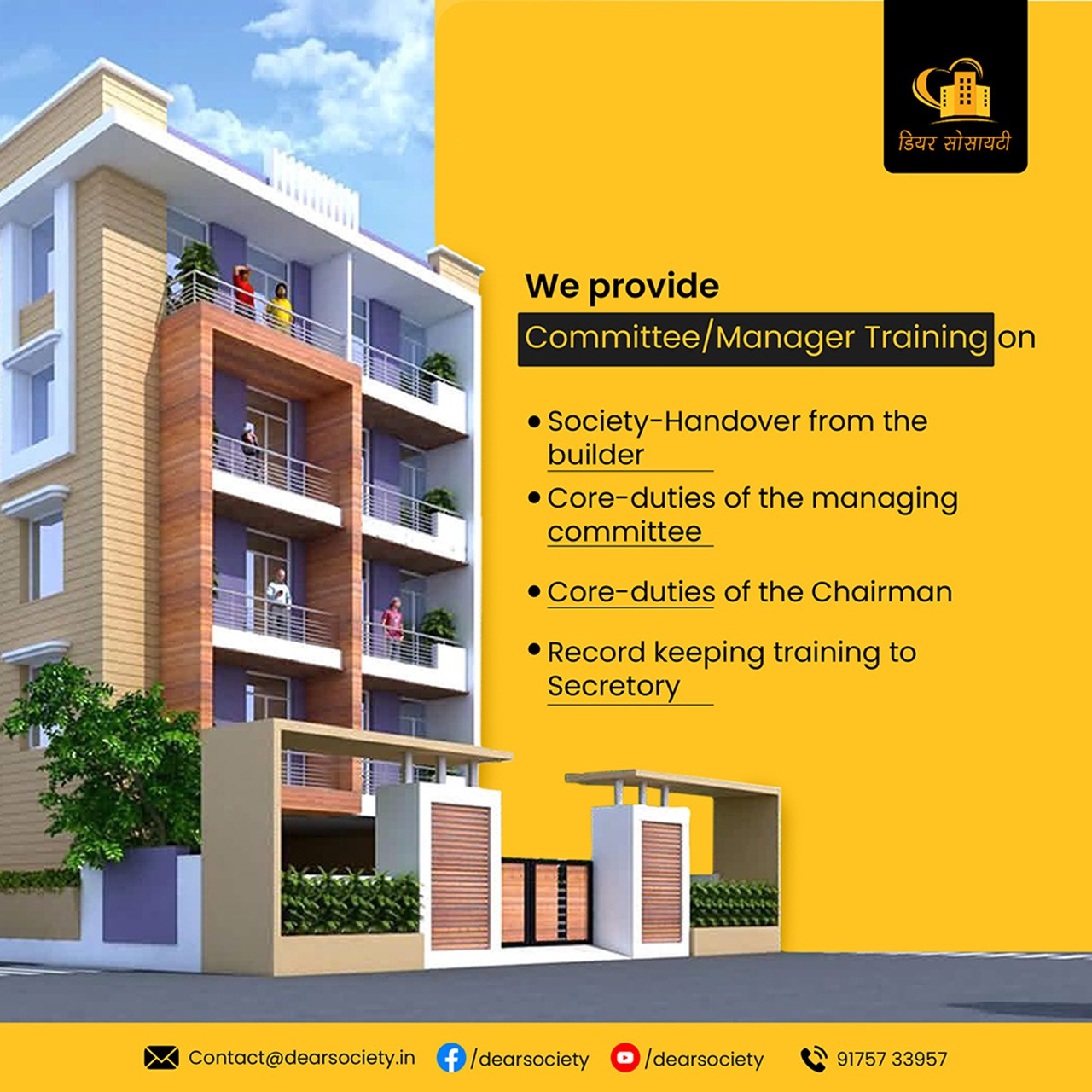Functions and Duties of Promoter under RERA Act
Readers, Welcome Back! In this article, we’ll take overlook at the Functions and Duties vested with the Promoters under the RERA Act. One of the objective RERA Act is to impose certain responsibilities on promoter. A promoter is vested with functions as well as duties as stated under Section 11 to 18 of RERA Act. Now, let’s see who a promoter and what various responsibilities is are casted upon the Builders and promoters.
An Epitome of the Real Estate Regulation and Development(RERA) act.
Who is a Promoter under the RERA Act?
As per section 2(zk) of RERA Act, a person who constructs or causes to be constructed an independent building or a building consisting of apartments, or converts an existing building or a part thereof into apartments, for the purpose of selling all or some of the apartments to other persons and includes his assignees.
The term “promoter” includes a wide range of activities, including not only the involves the new constructions but also conversion of existing buildings,plotting of land, commercial construction, contractor and estate development by any person holding an agent’s power of attorney from the property owner.

The Functions and Duties of the promoter under the RERA Act
● To create a web page and display the project on the website of RERA Act so as to make the details therein available on the public domain; that includes:
1. Details of the registration granted by an Authority
2. Quarterly up to date the list of number and type of apartments or plots booked
3. Quarterly up to date the list of approvals taken and also approvals which are pending subsequent to commencement certificate
4. Such other information and documents as specified by the regulations made by the authority.
● To register each phase of the project separately as a standalone project.
● Not to advertise or make an offer for sale without registering the project.
● To make available certain documents at the time of booking and issue of allotment letter such as-
1. Sanctioned plans, layout plans, along with specifications, approved by the competent authority, to be displayed at the site or such other place as may be specified by the regulations made by the Authority.
2. The stage-wise time schedule for completion of the project.
3. The provisions for civic infrastructure like water, sanitation, and electricity.
● To register agreement for sale in prescribed format;
● Not to cancel allotment arbitrarily. Cancellation of allotment has to be strictly in accordance with agreement for sale;
● Not to accept a sum more than 10% of the cost of the apartment, plot, or building as the case may be, as an advance payment or an application fee, from a person without first entering into a written Agreement for sale, in the prescribed form, with such person;
● Not to make any alteration or additions to sanctioned plans, layout plans and specification other than minor additions or alteration without the informed consent of at least 2/3rd of allottees (in person) other than promoters;
● To develop and complete the project in accordance with the sanctioned plans, layout plans, and other specifications as approved by a competent authority;
● To deposit 70% of the amount realized from the allottees of a project in a separate scheduled bank account and use the same only for the purpose of meeting construction cost and land;
Additional construction by BUILDER without consent?
● To withdraw from this account shall be in proportion to the completion of the project after certification from an engineer, an architect and CA in practice to that effect;
● To audit project accounts by CA within 6 months from the end of Financial Year;
● To obtain the completion certificate and the occupancy certificate from the relevant competent authority as per local laws or other laws for the time being in force and to make it available to the allottees individually or to the association of allottees, as the case may be;
● To obtain lease certificate, where the real estate project is developed on leasehold land, specifying the period of the lease, and certifying that all dues and charges in regard to the leasehold land have been paid, and to provide the lease certificate to the association of allottees;
● To provide and maintain all the essential services, on reasonable charges,until the formation of association of allottees;
● To form association or society or co-operative society of the allottees or a federation of the same under the applicable laws;
● To obtain all insurance notified by the Govt. including insurance in respect of title of land and building, and construction of the real estate project;
● To execute the registered conveyance deed of apartment, plot, or building in favor of the allottee along with the undivided proportionate title in common areas to the association of allottees or competent authority;
● To pay the outgoings until he transfers the physical possession of the real estate project to the allottee, including land cost, ground rent, municipal or other taxes, etc.;
● To refund the amount received in case of failure to give possession on time;
● To compensate the allottees for loss due to defective title of the land etc.;
● To recalculate Carpet Area of the Flat;
● To refund the amount if there is any reduction in the Carpet area;
● To repair all structural defect in the Apartment or the building in which the Apartment is situated or defects on account of workmanship, quality or provision of service, within a period of five years from the date of handing over possession;
● Not to mortgage or create charge on apartment, building or plot after executing an agreement for sale for any apartment etc., even if a mortgage is done it must be ensured that it will not affect the rights and interest of allottee;
● To prepare and maintain all such other details as may be specified, from time to time, by regulations made by the Authority.
Disclaimer: Thank you for visiting our site. The information provided as Dear Society (“we,” “us” or “our”) on https://www.dearsociety.in (the “Site”) is for general informational purposes only. We strive to provide our readers with accurate information that helps them learn more about the topics. It is not intended as a substitute for professional advice. We do not accept responsibility for the accuracy of information sourced from an external entity or take personal/ legal responsibility for your use of this information.
Thank you.













 Call
Call Whatsapp
Whatsapp Enquiry
Enquiry
[…] Functions and Duties of Promoter under RERA Act – dearsociety. Functions and Duties of Promoter under RERA Act Readers, Welcome Back! In this article, we’ll take overlook at the Functions and Duties vested with the Promoters under the RERA Act. One of the objective RERA Act is to impose certain responsibilities on promoter. A promoter is vested with functions as well as duties as stated under Section 11 to 18 of RERA Act. Now, let’s see who a promoter and what various responsibilities is are casted upon the Builders and promoters. […]
This really answered my drawback, thank you!
[…] The allottees or home buyers are vested with certain rights as well as responsibilities as documented under Section 19 of RERA Act. Who is a (Allottee) Home Buyer under the RERA? As per section 2(d) of RERA Act, an allottee includes a person who acquires the said ‘apartment / plot’ through transfer or sale,but does not include a person to whom such plot, apartment is given on rent. या महारेराचा करायचं का? An Overview of Functions & Duties of Promoter under RERA Act. […]
I do believe all of the ideas you have presented on your post. They’re really convincing and can certainly work. Nonetheless, the posts are too short for beginners. May you please extend them a bit from next time? Thank you for the post.
[…] Functions and Duties of Promoter under RERA Act […]